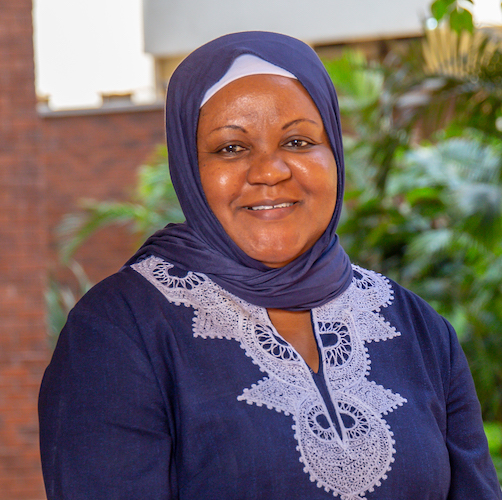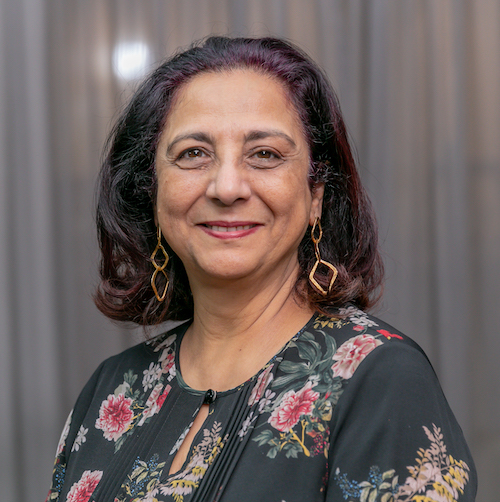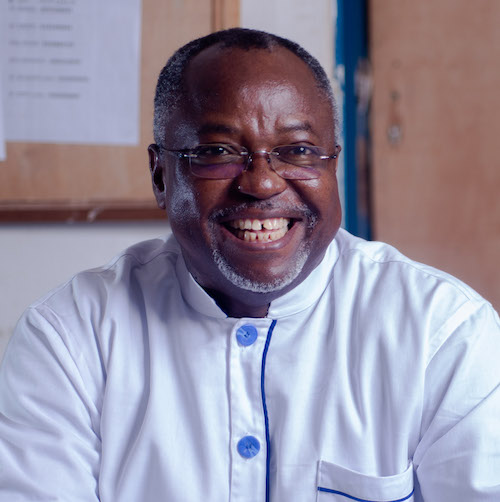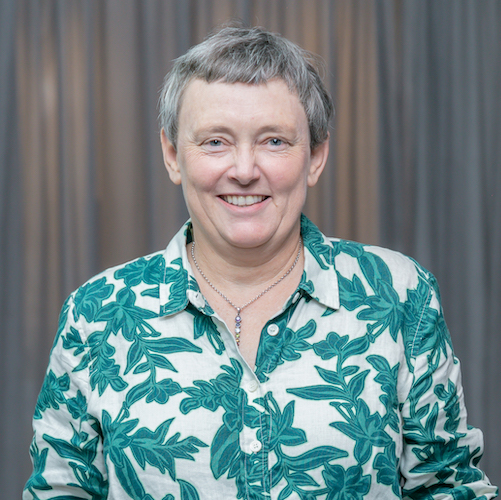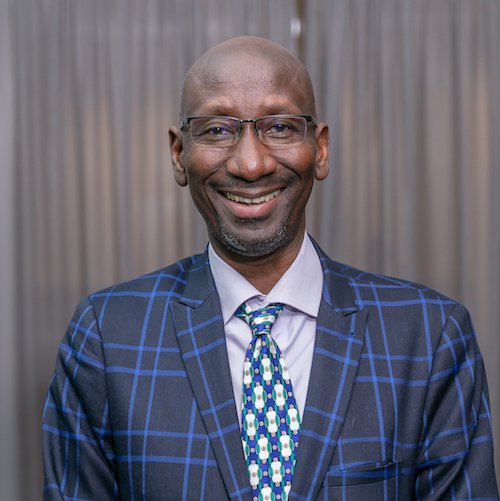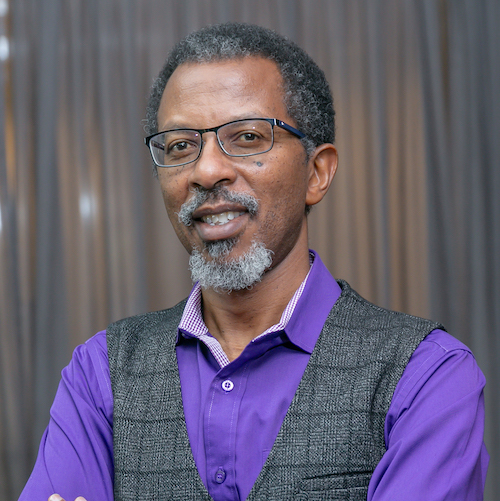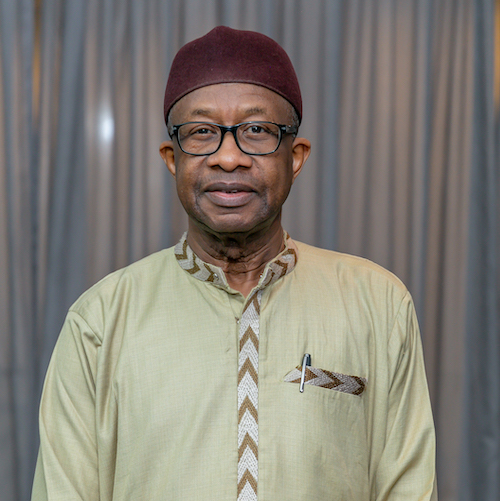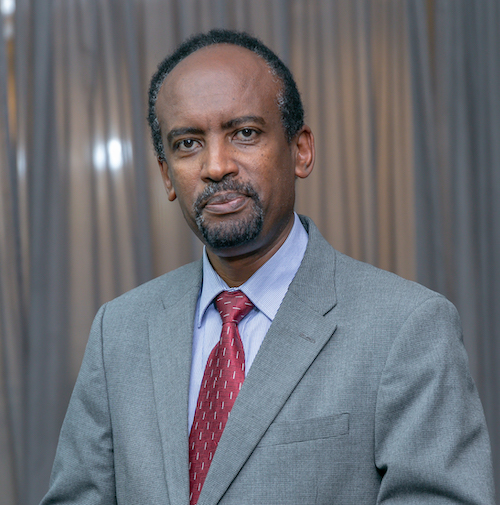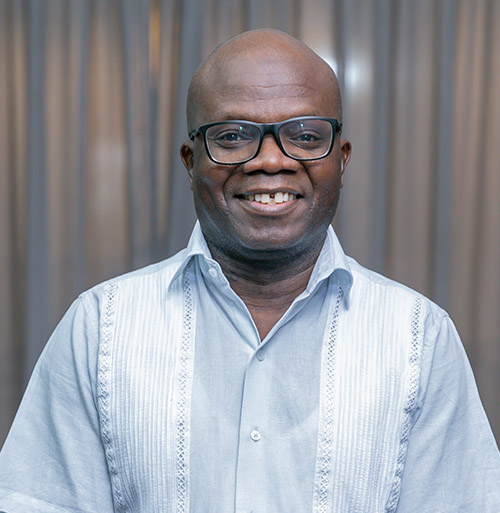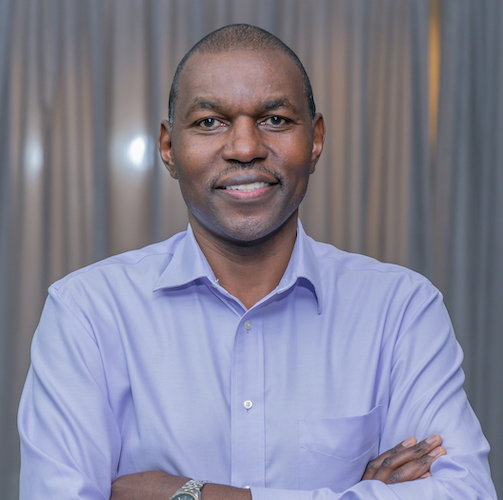
C-HAB Initiatives
Prioritising research and development of leadership
in climate and environment
Interconnections of environment and planetary health | Climate, Health, Agriculture and Biodiversity (C-HAB) Programme |C-HAB Initiatives
WHAT WE DO
CHABThere is clear evidence that climate change is the greatest challenge facing mankind today. Africa is disproportionately burdened by multiple direct and cascading impacts of the climate crisis. Global investments for climate change adaptation, however, have not prioritized Africa adequately and there is a significant knowledge gap in understanding the context and science of climate change and sustainable solutions for the continent’s adaptation. Solutions for adaptation and resilience are made complex by an urgent need for accelerated economic growth, rapid population expansion and urbanization, habitat and biodiversity loss and dwindling financing.
There are also challenges in matching development policies, wavering commitments and actions with good science that focuses on sustainable lives, livelihoods and ecosystem preservation. Additionally, Africa is home to the world’s mega biodiversity hotspots, and it is currently experiencing an unprecedented loss of its biodiversity due to human overexploitation and environmental degradation which is resulting to decline of its plants and animals with an estimated loss of 50% of Africa’s bird and mammal species, and 20-30% loss of productivity by the end of the century. In addition to preserving the intrinsic value of the continent’s species, protecting Africa’s biodiversity is paramount for the survival of current and future generations as, from it, we derive our livelihoods, sustain our agricultural productivity to ensure our food security and protect the air we breathe and our cultural identities. There is increasing awareness of the interconnectedness of human and animal health and wellbeing, food systems and agriculture and ecological and environmental change. SFA Foundation supports the objectives of "One Health."
The solutions must come from where the impacts are felt. The Science for Africa Foundation supports African researchers and institutions to lead in the science that addresses African priority development areas and has set climate change as a strategic priority. Through this broad science area, the SFA Foundation seeks to bring biodiversity genomics and bioinformatics practises closer to the African people whilst linking it to local biodiversity knowledge.
C-HAB Initiatives prioritise research and development of leadership to promote:
- Alignment with global priorities and strategies
- Evolutionary biology and biodiversity Afforestation
- Climate, environment, food systems and health
- Plastic pollution and the circular economy
How will science policy engagement drive impact:
- If R&I is to deliver maximum impact and positively change the lives of African people and societies, findings from Africa led R&I research programmes should be translated into recommendations that can be implemented within policy and practice in Africa.
- Contribute to efficiency and effectiveness within programmes through best practice.
- Ensure the right questions are formulated, asked, and answered through an African lens.
- Highlight gaps and key points of evidence within context and in an accurate manner to facilitate comprehension and use.
- Promote shared understanding, trust and collaboration for meaningful work that drives change regionally and globally
- Place African experts and policymakers at the centre of science-led policymaking processes in Africa
- Place contextually relevant data and perspectives at the centre of science-led decision-making process in Africa.
Activities being implemented by SPEAR
Artificial intelligence (AI) and Data Science policy gaps from an African perspective. The African STI landscape is witnessing the emergence of AI and Data Science across various sectors. However, for these technologies to have their full positive impact, it is crucial to develop trust among stakeholders and formulate contextualized policies that support their implementation in the region. This grant aims to address these areas by:
- Convening African stakeholders to examine and comprehend the policy gaps in AI and Data Science in global health from an African perspective, focusing on but not limited to genomics, clinical trials/drug development, and epidemics/pandemics.
- In collaboration with African partners, identifying the research and development goals of AI and data science for the betterment of global health from an African perspective.
- Engaging the public on AI and Data Science policy
" If scientific results are not shared broadly, then the societal benefits are significantly limited. We have a responsibility to ensure that policymakers have access to the best, relevant and up-to-date knowledge available. To achieve Africa’s sustainable development goals, it is critical that policy decisions are informed by contextually relevant evidence”. - Uzma Alam, SPEAR programme lead.
